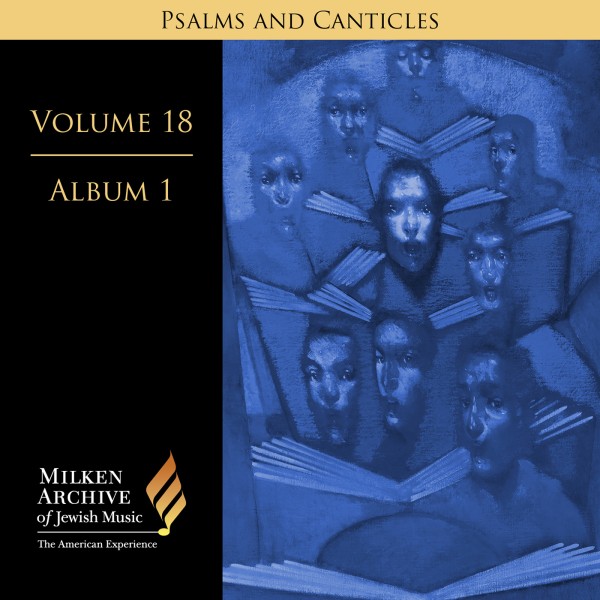Tracks
Track |
Time |
Play |
| A Proverb of Solomon | 07:15 |
Liner Notes
Leo Kraft wrote A Proverb of Solomon in 1953 for the chorus of the Hillel Foundation at Queens College, which he had organized and then directed. The text is drawn from the Book of Proverbs, chapter 3, verses 1, 3 (first line only), 4–6, 13, and 18. But the verses are presented out of order. “I chose the lines that would be uplifting and inspiring to young people,” he has explained. He set them in English translation, and because the students in the chorus came from diverse Jewish backgrounds—from religiously observant to unaffiliated to avowed agnostics and self-proclaimed atheists—he wanted a text that expressed universal moral and ethical sentiments.
A Proverb of Solomon was composed originally for mixed chorus and piano and was premiered in that version in 1954 by the Hillel Chorus at Queens College. Kraft subsequently orchestrated it for single woodwinds, two horns, trumpet, and strings (with the chorus parts unchanged), which became his preferred version. “It’s quasi-tonal—in fact, more than quasi-tonal,” Kraft has commented about the piece, observing that Hindemith was the primary influence on its harmonic language.
Lyrics
From Proverbs 3
Sung in English
Trust in the Lord with all thy heart.
In all thy deeds acknowledge Him and He will direct thy way.
Happy is the man that finds wisdom, and the man that obtains understanding.
It is a tree of life to them that lay hold upon it. It is a tree of life!
Oh happy is the man that finds wisdom, understanding.
It is a tree of life.
My son, forget not my teaching, let thy heart keep my commandment.
Let not kindness and truth forsake thee.
So shall thou find grace and good favor in the eyes of God and man
Credits
Composer: Leo KraftPerformers: BBC Singers; Kenneth Kiesler, Conductor

